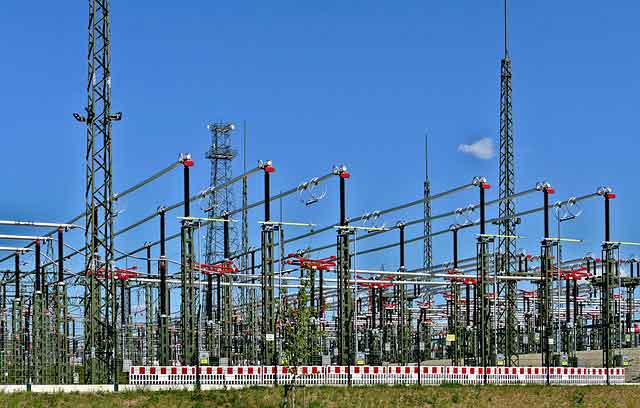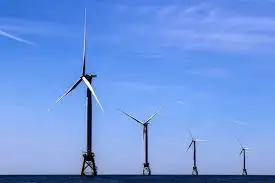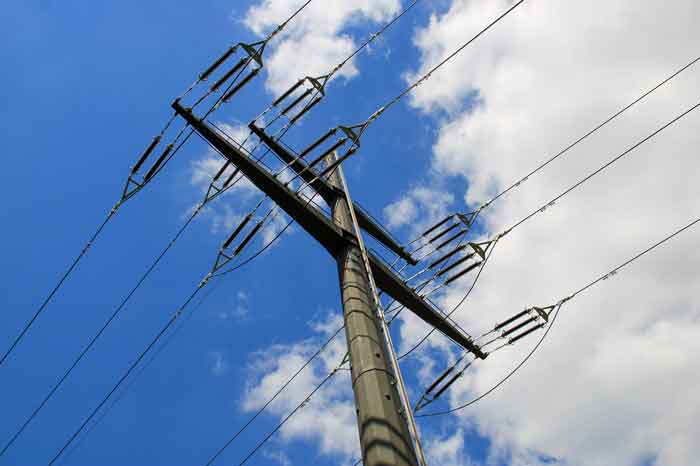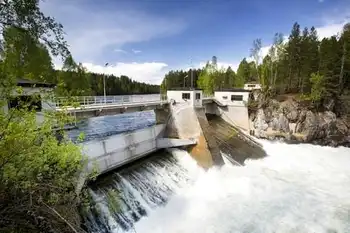Talks over proposed coal-fired power plant south of D-FW rile Dallas mayor
By Knight Ridder Tribune
Arc Flash Training CSA Z462 - Electrical Safety Essentials
Our customized live online or in‑person group training can be delivered to your staff at your location.

- Live Online
- 6 hours Instructor-led
- Group Training Available
The possible deal comes days before the Texas Commission on Environmental Quality is scheduled to decide whether to approve the Oak Grove plant, which would be among the nation's dirtiest power plants in terms of greenhouse gas and toxic mercury emissions. A state panel of administrative law judges recommended in August that the state deny a permit for the plant, finding that TXU did not propose to use the best available pollution controls.
Elected leaders in North and Central Texas and residents near the proposed plant in Robertson County, southeast of Waco, are staunchly opposed. News of a pending deal, which has not been finalized, infuriated Dallas Mayor Laura Miller, a vocal opponent of Dallas-based TXU's power plant building plan.
Studies show that the power plant would harm air quality in Dallas-Fort Worth.
"Obviously, I'm disappointed," Miller said. "Oak Grove, if built, will be the fourth-dirtiest mercury-polluting power plant in America, and all these East Texas lakes are already contaminated with mercury. So why in the world would any elected official in Texas support building the fourth-dirtiest plant in America for mercury? Why would they do that?"
The answer is simple, said state Sen. Kirk Watson, who along with Austin Mayor Will Wynn is spearheading the negotiations. He said they approached officials at Kohlberg Kravis Roberts & Co. and Texas Pacific Group - the two equity firms involved in a proposed $45 billion buyout of TXU - because they fear that the state is going to approve the power plant, and they want to see whether they can take steps to at least make it cleaner. "I would prefer that Oak Grove not be built," said Watson, D-Austin.
"But that being the case, if it were to be built, we need to look and see if there are things we should be exploring to mitigate and reduce any damage that might be done." The Oak Grove plant is among 11 that TXU announced last year that it wanted to build. The private equity firms agreed in February to ditch plans to build eight of them.
The Oak Grove plant was not one of the eight. Watson said the two sides have not been able to agree on all the details. And there's a good chance that a deal will not get done before the Texas Commission on Environmental Quality meets Wednesday to decide whether to approve the Oak Grove plant, said Matt Watson, executive assistant to Wynn.
"It's possible, but at this point if I had to handicap it, I'd say it appears there won't be an agreement," he said. TXU officials did not return telephone calls seeking comment.
Clean-air advocates say they're concerned.
"The emissions from this power plant would clearly affect air quality in the D-FW area, and it might be enough to push the area out of compliance with ozone standards for years," said Tom "Smitty" Smith, director of the Texas chapter of Public Citizen in Austin.
The proposed agreement Central Texas leaders say they are willing to drop their opposition to the Oak Grove power plant if TXU Corp. agrees to:
- Spend $3 million to $6 million a year for five years to install pollution controls to lower ozone-forming emissions from the plant. The improvements must exceed what the law requires;
- Establish a committee of TXU officials and members of the Central Texas Clean Air Coalition that will determine which clean-air projects will do the most to lower ozone pollution;
- Donate money not used on improving the Oak Grove plant to the Capital Area Council of Governments for ozone-reduction programs.











